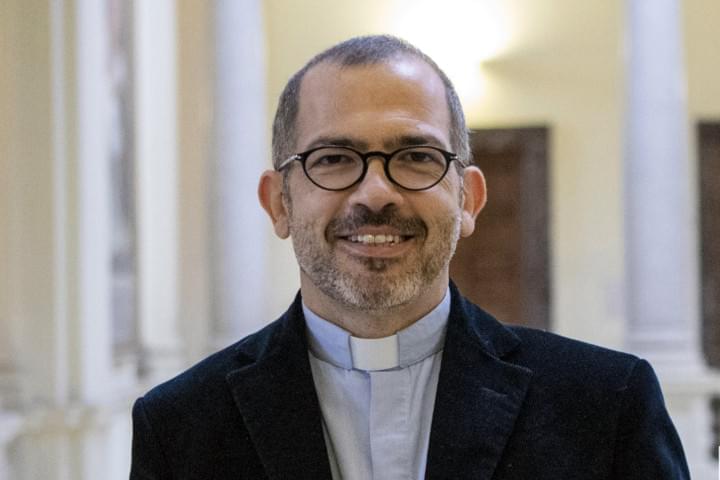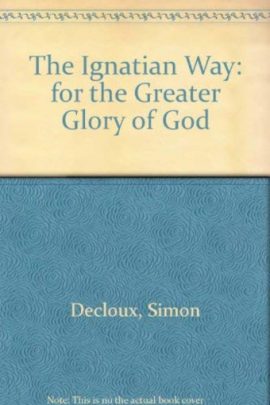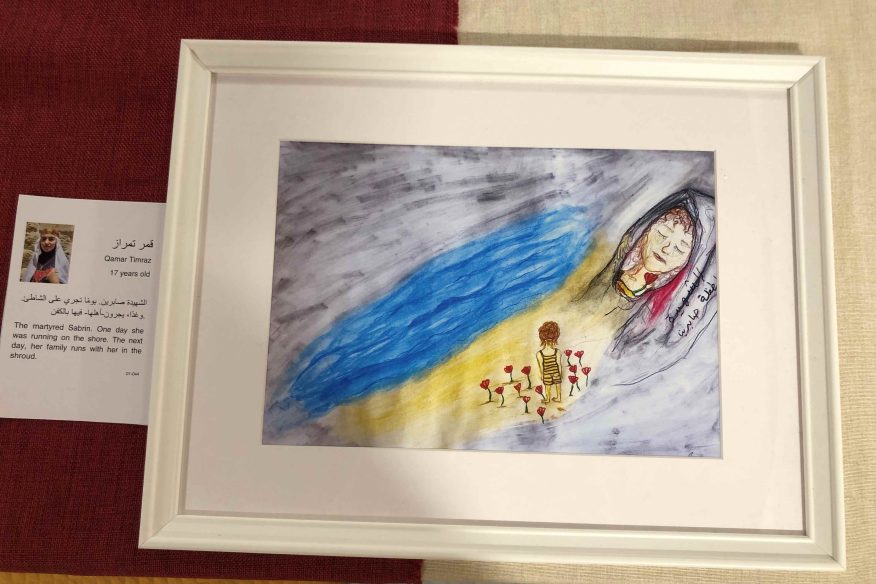Gaetano Piccolo SJ
That habit of asking oneself questions
Above all, one had been inside me for several years, ever since I began to realize how much poverty there was around me, in the streets, in my neighborhood.

I like to ask questions, but I don’t expect to receive answers. It is an enjoyment, a curiosity, that begins with myself. I asked my first “serious” questions when I was 14 years old, urged on by the generous testimony of four Sisters who were dealing with a mass of “scugnizzi” (street kids) in Naples: “How do you become a Christian?”, I asked.
“A spiritual direction is needed” replied the Mother Superior, giving me references. So I met Fr. Rotelli who set me a program: “prayer and service”. It was a long discernment that included rejections. It was the many forms of poverty in my neighborhood, which I inhabited with commitment, together with other young people, that generated another question: “What if the Lord really asked me to be a priest?”.
The questions of others
Philosophy is the privileged place where I have practiced this art of questioning. After graduating, I entered the novitiate, a privileged time of a face-to-face relationship with God. Then, Regency in Albania, a precious experience of a love I received. Then, Theology in Naples, the “incarnated” Theology, that was also born out of questions, this time asked by people, in the streets, in the parish, at parties, at lunches, in group meetings. Thus a breach was opened, that only Christ, the language that became life, was able to fill. Sometimes the void returns to appear … but the promise endures.
Today and its questions
I currently live in Rome, where I teach at the Pontifical Gregorian University, dedicating myself, above all, to investigating the relationship between words and things, to a language that helps put things in order and to the discovery of not being able to say everything. Three questions are accompanying me during this time. How can we provide freer channels of information? It is increasingly evident that the way basic news is communicated is strongly marked by political purposes. It is difficult to find independent and critical information. The way news is disseminated seems to be pursuing an attempt to confirm governments’ actions. This makes me reflect on reality’s representation, but also on the citizen’s right to receive objective information. As Jesuits we should have the strength to denounce this mechanism and try to bring about new ways.
Which is the favorable time for proclamation? I have the impression that the age of youth is no longer the fruitful time. The Gospel speaks to a person’s life that has experienced failure, wounds, it speaks to people who have searched for their answers and find themselves disappointed. All of this no longer happens in the time of youth, where instead one is still fully immersed in a sort of delirium of omnipotence, in a flood of emotionally very pressing stimuli, and one is particularly cared for, to the point of not really seeing the labors of life. This leads me to think that the favorable moment, at present, is shifted further ahead. Perhaps there is a need to address those groups of adults, singles or young families, who carry significant existential baggage and are pondering their future.
How can we foster the inevitable attitude of discernment? Having explored this topic primarily on the level of spiritual theory and praxis, I am also trying to address it in my academic research, on the philosophical level. In fact, I think that discernment is based on the very structure of reality. It is how reality is made, in metaphysical terms, that inevitably requires discernment on the side of man. Reality has the traits of uncertainty, complexity and temporality: elements that require not only an articulated evaluation, but also a choice. Indeed, deciding is the fundamental and inevitable attitude of human existence.

